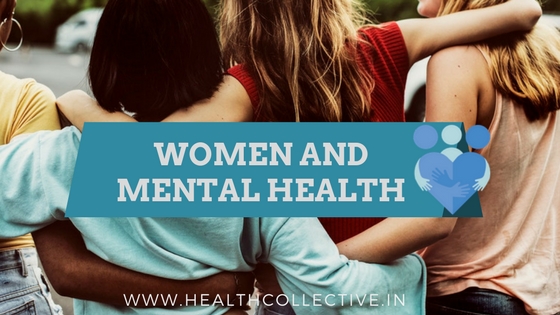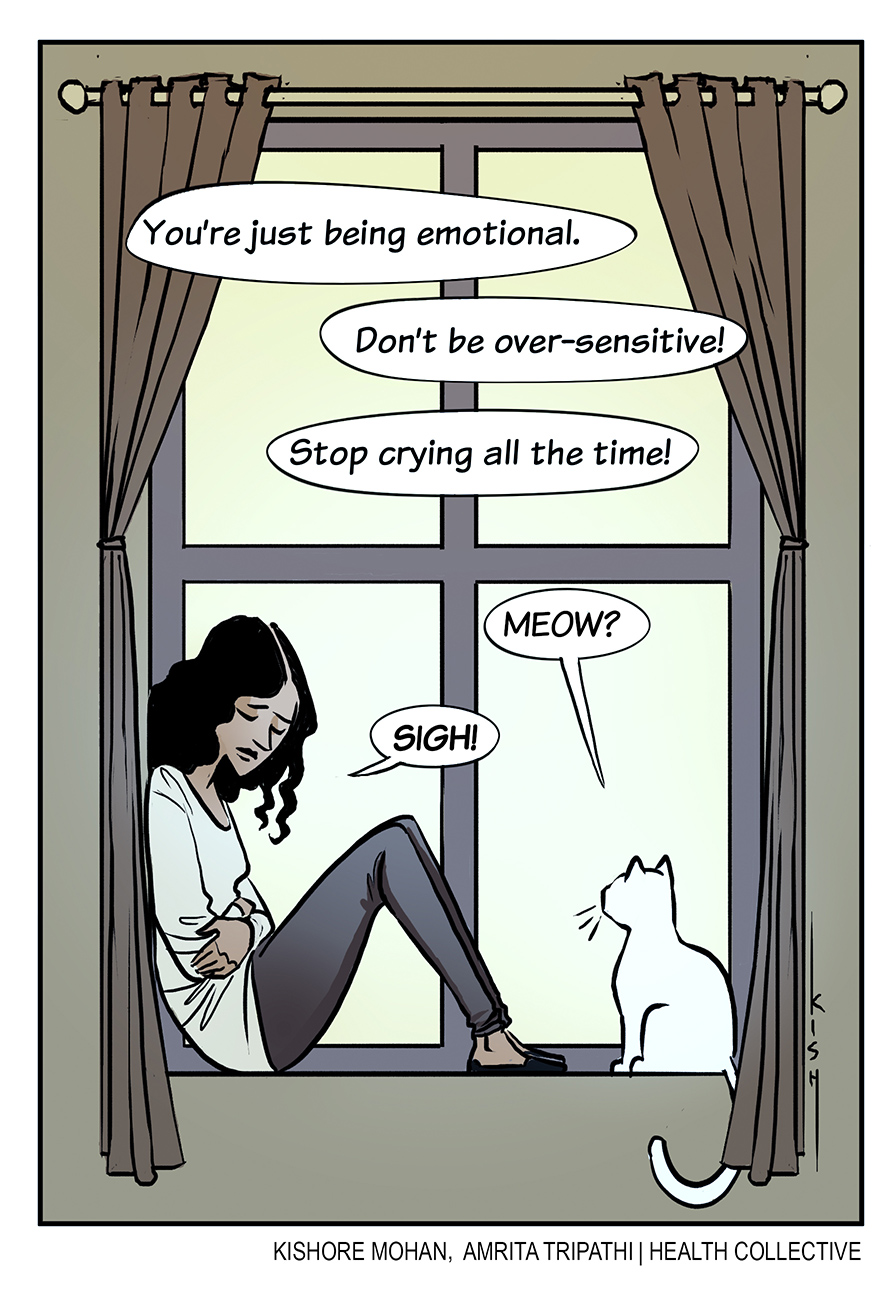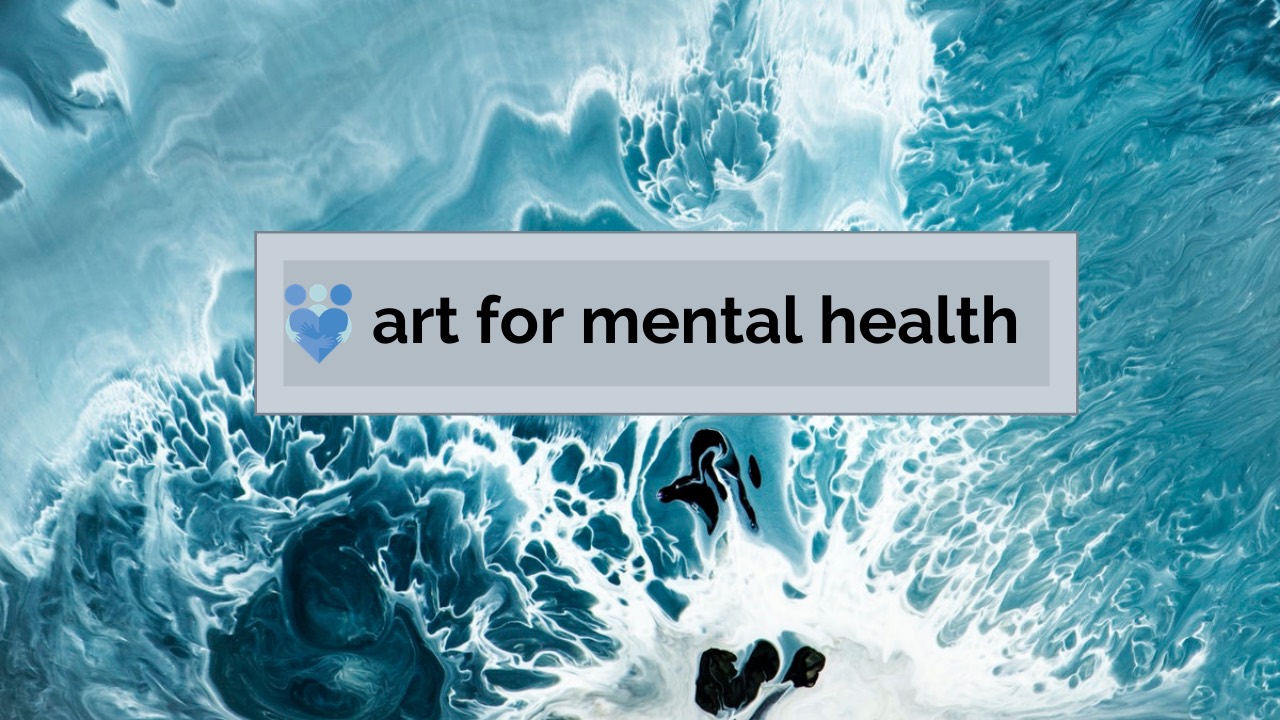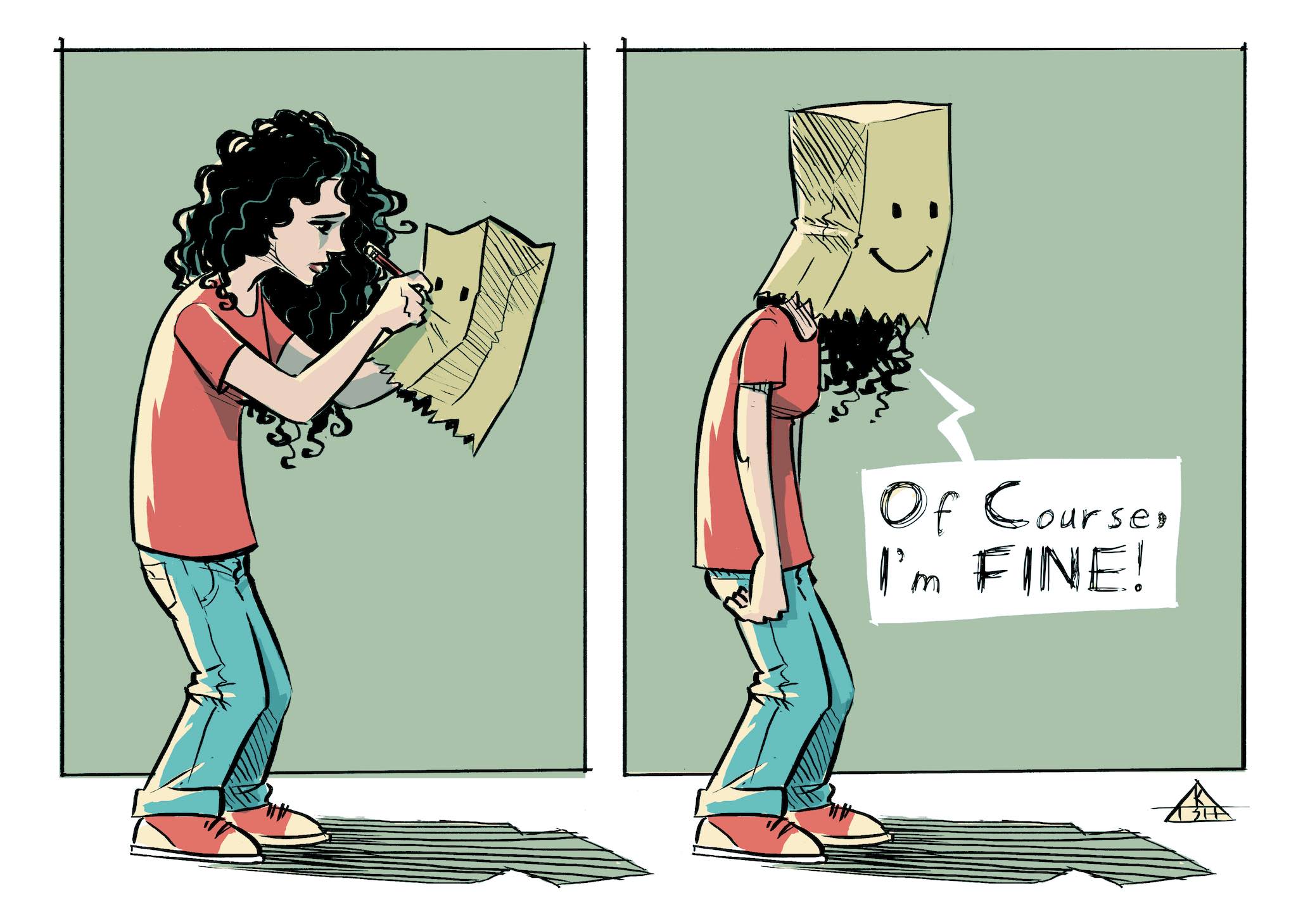Ask the Experts: A Psychologist’s Journey


The Health Collective/ Image courtesy Raw Pixel
This Women’s Day, as part of our special series, we’re bringing you more from and about our wonderful contributors. Here are edited excerpts of an interview with Kamna Chhibber, Consultant Clinical Psychologist and Head, Mental Health at Fortis Healthcare’s Dept of Mental Health and Behavioural Sciences.
1) Tell us more about your journey — What interested you in psychology?
When I entered Psychology in 2002 it was not a much talked about field (here in India). People were largely unaware of it and mental health certainly did not feature as a priority for a majority of people. My first encounter with Psychiatry and Psychology was through books. A Sidney Sheldon novel titled ‘Tell Me Your Dreams’, where multiple personality disorder was talked about, was my first encounter with mental health. When some family friends suggested I consider Psychology it all came flashing back. I enrolled myself in Psychology and once I was exposed to the subject matter and recognised the relevance and impact it has on the lives of people, the pervasive manner in which infiltrates all aspects of our lives, I was hooked…
Till date I have not come across a field of study and practice which can have the effect that Psychology can on the lives of everyone.
In particular, Clinical Psychology and Mental Health have been the domains of my interest. The complex ways in which people exist and the varied factors that impinge upon our beings make it a complicated, engaging and enriching field to be associated with. Many questions still remain unanswered and the field within our country has enormous potential, which keeps me enraptured given the nascent stage at which psychology is, and the multitudinous areas where it can find its application, but which remain untapped.
ALSO READ: YOUR STORIES: MENTAL ILLNESS, STIGMA AND GENDER STEREOTYPES
2. How far do you think Indians/ urban Indias have come when it comes to awareness about mental health/ illness, and the need to seek qualified help?
There has, undoubtedly been, a significant shift. The levels of awareness that exist within metropolitan cities is much more than what used to be a decade ago. It is not close to what it needs to be, but every step forward is a moment to celebrate and motivation to do more. The number of individuals who are willing to seek help — not just for clinical disorders or illnesses but for aspects of self growth, developing better skills, for relationship issues — has increased drastically, which is a big positive indicator of the levels of awareness among the urban, educated individuals.
The manner in which mental health was previously forced to be on the fringe, and mental health problems were stigmatised, has also changed and people are more empathetic towards the mental health concerns people may have.
3) What are some misconceptions that remain that you would like people to address?
Despite all the shifts, awareness and understanding, there continue to be many misconceptions…Ranging from who should seek treatment, to it being a life-long process, to therapy just being about talking and medications causing dependencies and drowsiness or impacting cognitive processes, people continue to harbour many misconceptions.
Often individuals and families believe that once someone is ill then they are ill for life; or that if someone has a mental health disorder it is guaranteed that one’s progeny too would be affected. Sometimes mental health illnesses are looked upon at weaknesses and at other times they are believed to be the result of spirits and ‘oopri hawa’.
We still have a rather long way to go before we are able to get rid of these misconceptions that plague our society and mental health is looked upon the way physical health related illnesses are. More so, there is a still a long time before we reach the deep recesses of our geographical area and the populations which are far removed from mental health (access to healthcare).

Art by Kishore Mohan/ Health Collective
4) Is there something specific to women/ gender when it comes to mental health/ illness? Anything you’d want to say about stigma? Or when and how women come in for treatment or help
Mental health is largely relegated to the background and when it comes to women this is more so the case. Steering away from the debates around the gender divide, it is a known fact that there are certain mental health concerns which statistically impact more women than men.
It is known that women during particular points in their lifetime are more predisposed to developing mental health problems. These are things we need to make people aware of. It is important to take care of one’s self before one can look to fulfilling roles and responsibilities towards others. Women in our society and across the world have multifarious roles and in order to enact them to the best of their ability it is imperative that they take care of themselves first. No doubt the precipitating factors, stressors and ways of coping are different for women as compared to men. But the fact is that if mental health is impacted so is overall health, well-being and productivity.
ALSO READ: ASK THE EXPERTS: SIX THINGS TO KNOW BEFORE ENTERING THERAPY
5) What is the number one thing people should know to equip themselves and their families to protect their own mental health — including carers/ survivors?
Mental health disorders occur due to neurotransmitter imbalances, many times in the face of stressful situations that we find difficult to cope with. What is perhaps most important is to build support systems around oneself to buttress against the stress and develop a second line of defence beyond the self. Having people around – friends and family – or in the form of experts who can be supportive, can go a long way in ensuring that one is coping better with stressful situations, be it as a person experiencing a mental health concern or a family/carer for someone who has a mental health related problem.
Kamna Chhibber is a Consultant Clinical Psychologist and Head, Mental Health, Department of Mental Health and Behavioral Sciences at Fortis Healthcare. You can read her last piece for The Health Collective: 6 Things to Know Before Entering Therapy.
If you would like to share your story, do write to us here or tweet us @healthcollectif
Featured Image Courtesy Uros Jovicic on Unsplash




